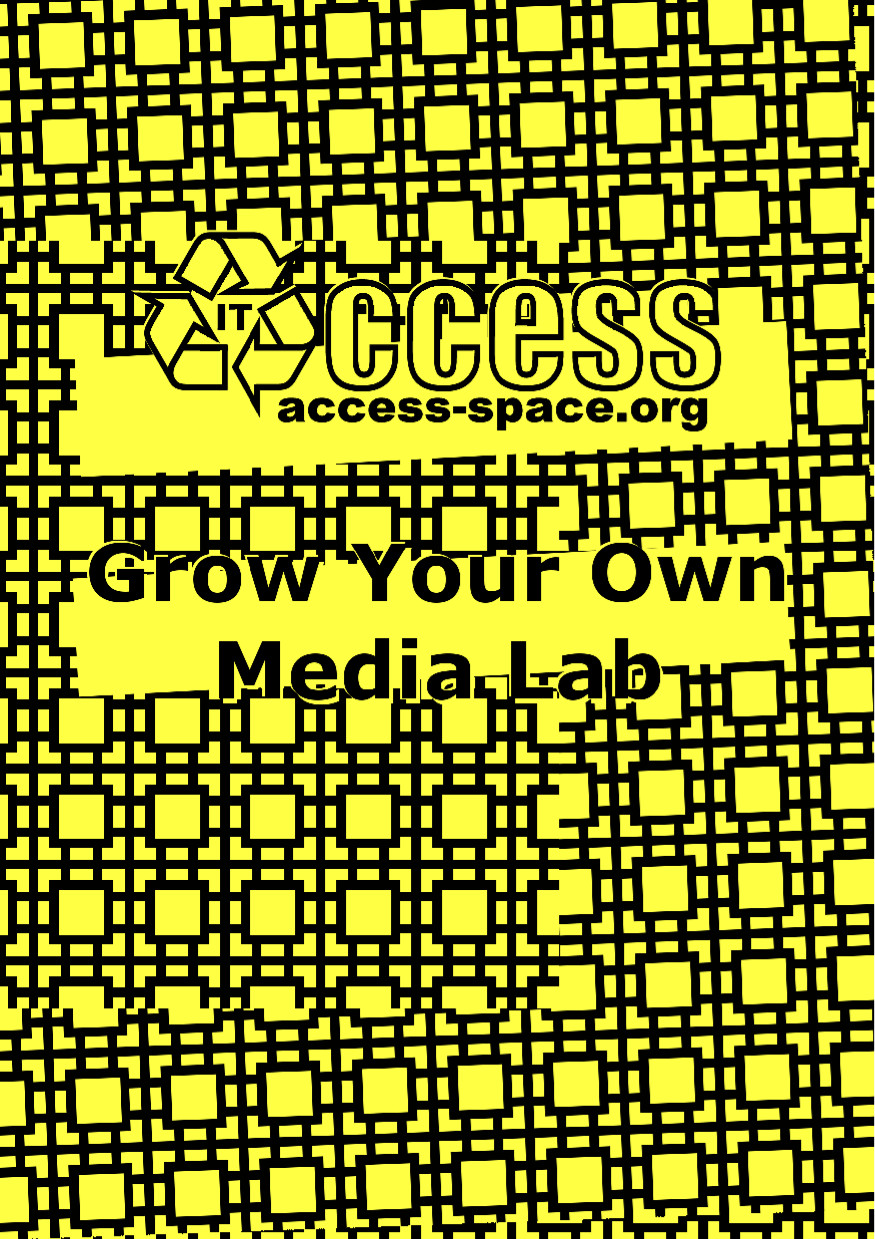Allison H. Fine: Momentum: Igniting Social Change in the Connected Age (2006)
Filed under book | Tags: · activism, civil society, email, floss, internet activism, open source, participation, reputation, smart mobs, web, web 2.0

A new and empowering way of looking at and organizing social change! How can we move from serving soup until our elbows ache to solving chronic social ills like hunger or homelessness? How can we break the disastrous cycle of low expectations that leads to chronic social failures?
The answers to these questions lie within Momentum, a fresh, zestful way of thinking about and organizing social change work. Today’s digital tools—including but not limited to e-mail, the Web, cell phones, personal digital assistants (PDAs), even iPods—promote interactivity and connectedness. But as Momentum shows, these new social media tools are important not for their wizardry but because they connect us to one another in inexpensive, accessible, and massively scalable ways.
Publisher John Wiley & Sons, 2006
ISBN 0787984442, 9780787984441
220 pages
Cass R. Sunstein: Infotopia: How Many Minds Produce Knowledge (2006)
Filed under book | Tags: · floss, information, information society, internet, knowledge, knowledge production, open source, prediction market, wikipedia

The rise of the “information society” offers not only considerable peril but also great promise. Beset from all sides by a never-ending barrage of media, how can we ensure that the most accurate information emerges and is heeded? In this book, Cass R. Sunstein develops a deeply optimistic understanding of the human potential to pool information, and to use that knowledge to improve our lives.
In an age of information overload, it is easy to fall back on our own prejudices and insulate ourselves with comforting opinions that reaffirm our core beliefs. Crowds quickly become mobs. The justification for the Iraq war, the collapse of Enron, the explosion of the space shuttle Columbia–all of these resulted from decisions made by leaders and groups trapped in “information cocoons,” shielded from information at odds with their preconceptions. How can leaders and ordinary people challenge insular decision making and gain access to the sum of human knowledge?
Stunning new ways to share and aggregate information, many Internet-based, are helping companies, schools, governments, and individuals not only to acquire, but also to create, ever-growing bodies of accurate knowledge. Through a ceaseless flurry of self-correcting exchanges, wikis, covering everything from politics and business plans to sports and science fiction subcultures, amass–and refine–information. Open-source software enables large numbers of people to participate in technological development. Prediction markets aggregate information in a way that allows companies, ranging from computer manufacturers to Hollywood studios, to make better decisions about product launches and office openings. Sunstein shows how people can assimilate aggregated information without succumbing to the dangers of the herd mentality–and when and why the new aggregation techniques are so astoundingly accurate.
In a world where opinion and anecdote increasingly compete on equal footing with hard evidence, the on-line effort of many minds coming together might well provide the best path to infotopia.
Publisher Oxford University Press, 2006
ISBN 0195189280, 9780195189285
273 pages
Access-Space.org: Grow Your Own Media Lab (2008)
Filed under book | Tags: · floss, free software, media culture, media labs, organization, technology

A comic book by Sheffield’s Access Space.
Text by James Wallbank
Pictures by Michael Tesh
Publisher Access Space, Sheffield, UK, June 2008
Creative Commons BY-SA 2.0 UK License
ISBN 9780955009136
116 pages
Review: Rob Myers (Furtherfield)
PDF (updated on 2017-9-25)
Comments (2)
